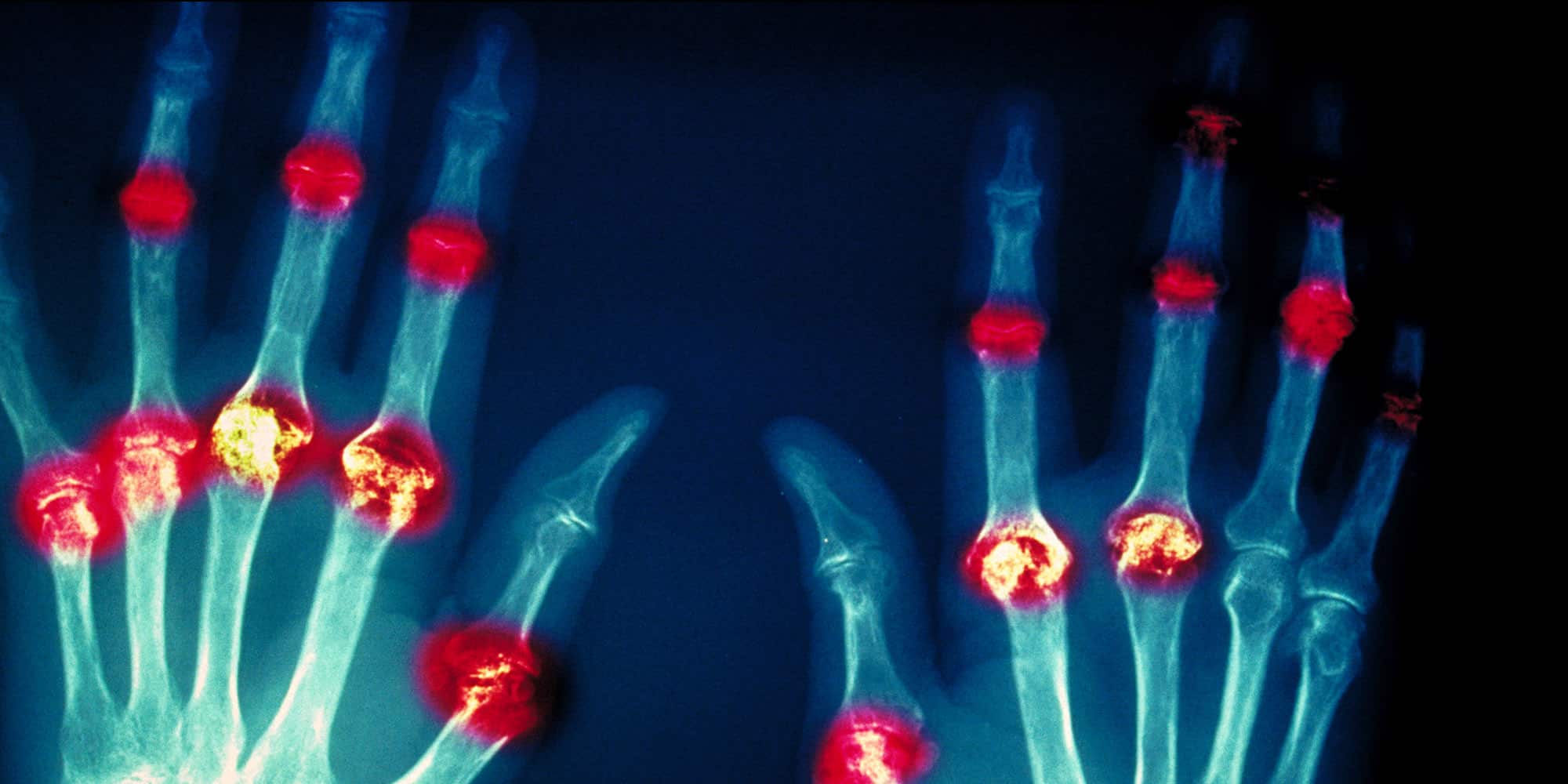Bacterium Lurking in your Fridge Could Trigger Arthritis
Most inflammatory diseases including Rheumatoid Arthritis (RA) have always been classified as autoimmune diseases due to genetic disorders and association with environmental triggers. Genetic predispositions include single nucleotide polymorphisms (SNPs) that affect the alleles of different genes.
Specifically, SNPs in immune regulatory genes such as protein tyrosine phosphatase non-receptor type 2 (PTPN2) and PTPN22 (PTPN2/22) could potentially cause these problems in RA.
Now, in a new study, scientists have discovered that the presence of a bacterium- Mycobacterium avium paratuberculosis (MAP) – could “switch on” the abnormal PTPN2/22 in patients, sending their cell recognition and inflammatory signaling systems into overdrive and cueing the emergence of symptoms.
The University of Central Florida team is the first to report an association of this nature- the link between rheumatoid arthritis and Mycobacterium avium subspecies paratuberculosis, known as MAP, a bacteria found in about half the cows in the United States. The bacteria can be spread to humans through the consumption of infected milk, beef and produce fertilized by cow manure.
Rheumatoid arthritis, which affects nearly 1.3 million adults in the US, is an autoimmune and inflammatory disease that can cause long-lasting or chronic pain and deformity. The condition causes the immune system to attack
healthy cells in the body by mistake, resulting in painful swelling in the affected parts of the body.The research was inspired by — and builds upon — previous work by Naser that linked MAP with the chronic inflammatory condition of the gastrointestinal tract Crohn’s disease.
“Here you have two inflammatory diseases, one affects the intestine and the other affects the joints, and both share the same genetic defect and treated with the same drugs. Do they have a common trigger? That was the question we raised and set out to investigate,” Naser said.
For the study, the scientists recruited 100 patients who volunteered clinical samples for testing.
78% of the patients with rheumatoid arthritis were found to have a mutation in the PTPN2/22 gene, the same genetic mutation found in Crohn’s patients, and 40% of that number tested positive for MAP.
“We believe that individuals born with this genetic mutation and who are later exposed to MAP through consuming contaminated milk or meat from infected cattle are at a higher risk of developing rheumatoid arthritis,” Naser said.
“We don’t know the cause of rheumatoid arthritis, so we’re excited that we have found this association,” said Dr. Shazia Bég, rheumatologist at UCF’s physician practice, and Robert Sharp, a biomedical sciences doctoral candidate at the medical school. “But there is still a long way to go. We need to find out why MAP is more predominant in these patients – whether it’s present because they have RA, or whether it caused RA in these patients. If we find that out, then we can target treatment toward the MAP bacteria.”
The team is conducting further studies to confirm findings and plan to study patients from different geographical and ethnic backgrounds.
“Understanding the role of MAP in rheumatoid arthritis means the disease could be treated more effectively,” Naser said. “Ultimately, we may be able to administer a combined treatment to target both inflammation and bacterial infection.”






























